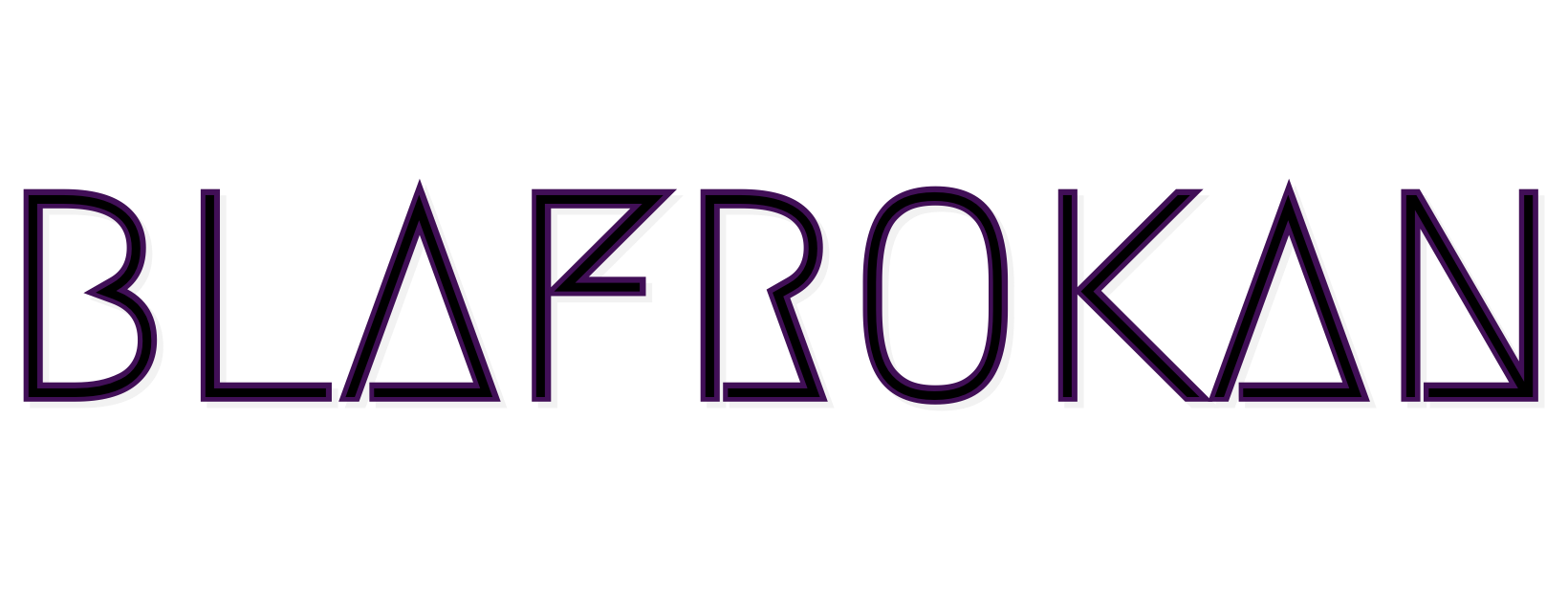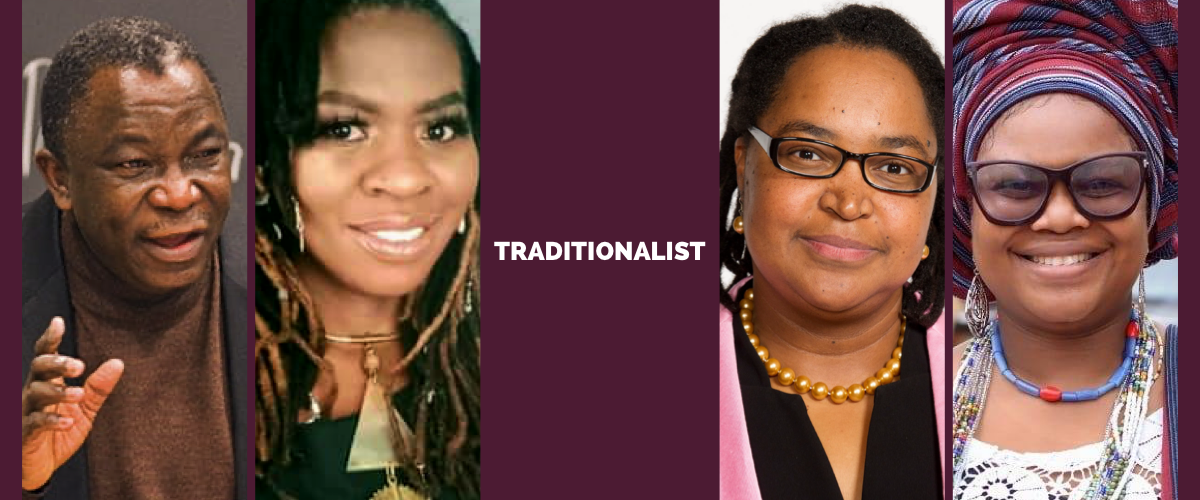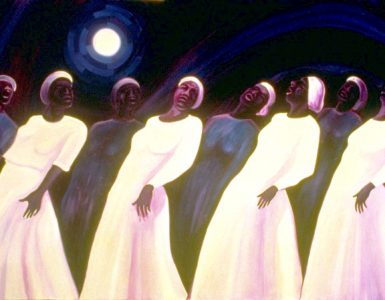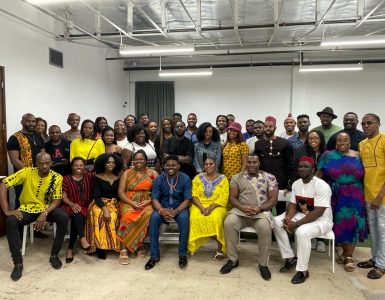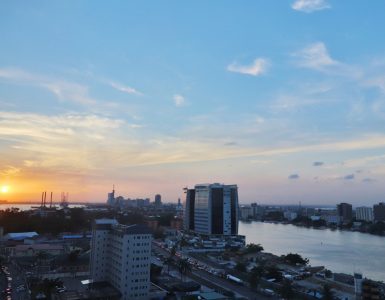Africa is rich with a variety of traditional religions and spiritual belief systems. However during the colonial period missionaries spread Christianity throughout the continent, and suppressed many of these pre-existing belief systems. Africans continued to follow their traditional belief, in smaller numbers than before, and these faiths still exist today. Younger African people, particularly women, have found these religions and spiritual belief systems can help them learn more about their heritage and forge their own identities apart from the colonial legacy of the continent. BBC Africa spoke to three practitioners of these belief systems, a sangoma, or faith healer, Amanda Gcabashe, an urban mystic, Mildred Otieno and an Orisha priestess Iyalorisa Omitonade Ifawemimoas well as Professor Jacob Olupona, of Havard University, a leading expert in African indigenous religion. – BBC News Africa
When the missionaries came to Africa they had the Bible and we had the land. They said “Let us pray.” We closed our eyes. When we opened them we had the Bible and they had the land.
Desmond Tutu
Fast Facts:
- Estimated Sub-Saharan African population in 2022 is over 1.1 billion or 1,151,737,451
- 62% of Sub-Saharan Africa are Christian; 31.4% are Muslim; 3.2% are Traditionalist
- Abrahamic religions: Judaism, Christianity and Islam are not indigenous religious institutions nor concepts from continental Africa and its traditional culture.
- Judaism originated in Canaan which is part of present day Palestine and Israel. Christianity originated out of Judasim. Islam formed in modern day Saudi Arabia.
Sources:
- United Nations Department of Economic and Social Affairs. Population Dynamics. “World Population Prospects 2019.”
- Pew-Templeton Global Religious Futures Project
- Note: The term “Sub-Saharan” African is Western exclusion of indigenous Africans (Black) people and the geography they have always occupied and still inhabit in northern Africa. Blafrokan rejects this term. It’s only used to accurately describe data collected specifically from “Sub-Saharan” Africa.
We’ve been taught to hate our culture.
Mildred Otieno
More About the African Traditionalist:
- Amanda Gcabashe – In 1999 she went on a one-way trip into what she calls a “parallel universe” when she accepted her ancestors’ calling to become a traditional healer, or sangoma in the South African lexicon. Check out her Ted Talk here.
- Mildred Otieno is a spiritualist, cardologer, historian, predictive astrologer, and researcher into the mystical realms, particularly African Traditional Religions (ATRs). Following an 18 year spiritual journey, she now uses her knowledge and gifts to guide, teach, and heal others.
- Iyalorisa Omitonade Ifawemimoas – Priestess, the Healer, the Goddess, the Enlightener, spiritual counselor and CEO ancestral vision. Her contact here.
- Dr. Jacob K. Olupona, PhD – Author of multiple books, fiction and narrative works. Professor of African Religious Traditions, with a joint appointment as Professor of African and African American Studies in the Faculty of Arts and Sciences at Harvard University. Check out his talk at the Martin E. Marty Award for the Public of Religion Forum.
They worked on our minds, and that’s why right now, we’re our own oppressors, after they left.
Amanda Gcabashe
Blafrokan Reflections:
- The Abrahamic religions are not indigenous to African spiritual tradition. Its spread can be attributed to many factors including Arab and European enslavement and colonization which impacted all aspects of the African’s being; body, mind, and spirit. Therefore if Africans (Black) people globally want to liberate themselves into sovereignty, there too must be a mental and spiritual revolution.
- Does fear of social or political ostracism, condemnation, or interpretation of abrahamic religious doctrine stifle our ability to explore our African spiritual culture and lineage?
- There appears to be a resurgence in returning to African Spirituality (African Traditionalist Culture) in the African diaspora and somewhat on the African continent by millennials. How might elders assist younger African’s looking to rediscover their traditional culture?
- The word “witch” is not African but European in its etymology. Throughout history to present, the cultural context of the term “witch” is used by non-Africans and mentally colonized Africans, to mischaracterize, defame and demonize African spiritual practitioners, healers and subvert African culture. We must use our indigenous African languages and terms to best preserve the integrity of our traditions from “white-washing.”
- These are a few African terms for priests or healers one could become familiar with: Dibia – Igbo; Sangoma – Southern Africa Traditionalist; Okomfobaa or Okomfo – Akan; Iyanifa or Babalawo – Ifa; Mambo or Oungan – Haitian Vodou etc.
